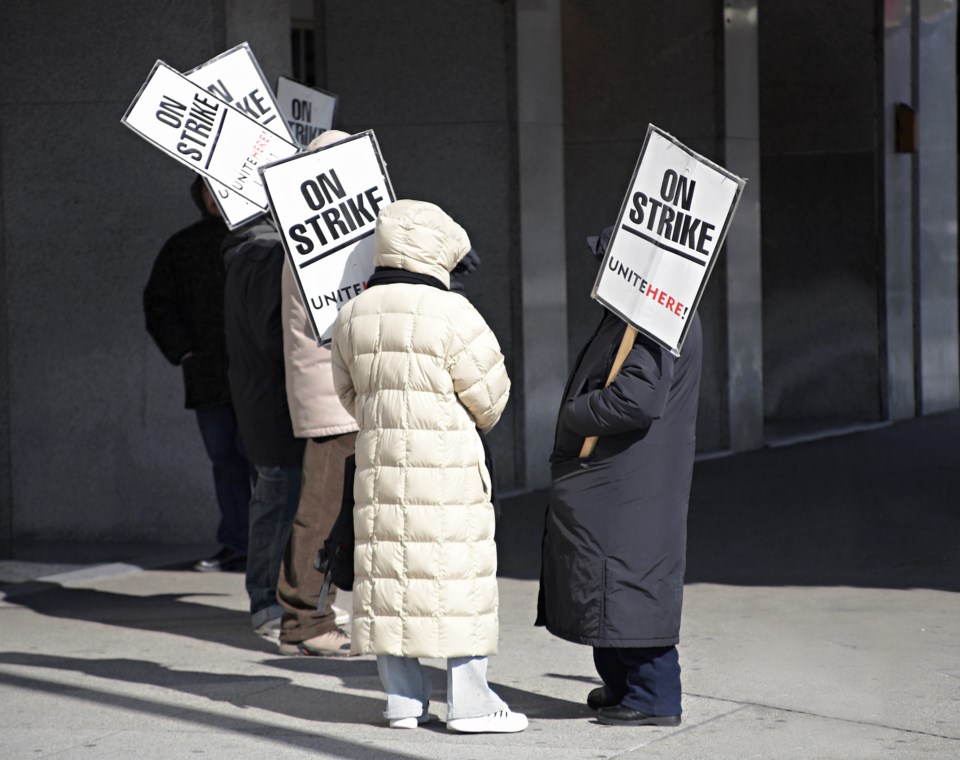This past weekend we celebrated Labour Day.
For many people, it is the end of summer and the beginning of fall. Certainly, it marks the usual return to school, college, and university for students of all ages.
But is more than just the last hurrah to summer. Labour Day celebrates the labour movement and specifically unions. The labour movement has given us the five-day work week, minimum wages, retirement packages, healthcare benefits, and a whole lot more.
For thousands of years, people worked for a master, be it a lord, king, duke, chieftain or some other authority figure. The feudal system divided up the countryside into realms and each was ruled by a hereditary leader. People within the realm worked almost exclusively for the master. The exceptions were craftsmen who formed guilds. But they still worked at the pleasure of the lord.
This system allowed rulers to treat people as serfs or peasants. A conquered labour force with little hope of advancement or a better life for their offspring. With the rise of capitalism, we shifted to a system where we now work for the benefit of the owners of the company or the shareholders of a corporation.
But those running businesses are not the ones doing the work. Indeed, as the television show Undercover Boss demonstrated, many CEOs would be fired if doing the work done by the average worker in their company. It is the workers that make companies work.
This is not to say that companies don’t need owners nor that owners don’t deserve some share of the profits. It is simply to point out organizations exist because workers do the work.
The labour movement arose out of the collective action of workers who said “No, we are not going to take it any more. We want to be treated fairly. We want employers to treat us as valued employees and not disposable pieces of a machine.”
It is through the collective actions of workers past that we enjoy the benefits of our modern working conditions, regardless of whether or not you are a member of a union.
In Canada, we are lucky the labour movement has made progress. It affords the working conditions we have and the lifestyle we enjoy.
Todd Whitcombe is a chemistry professor at UNBC.



